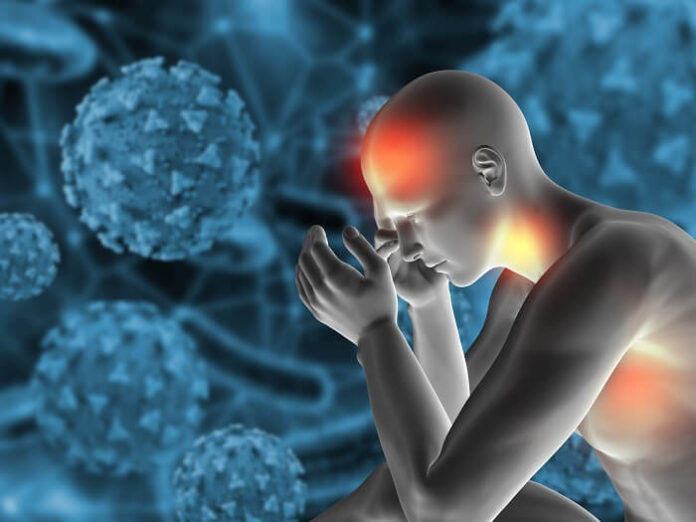Teclistamab, a T-cell engager targeting B-cell maturation antigen (BCMA), has demonstrated effectiveness in enhancing disease activity for four patients with refractory autoimmune diseases. Additionally, a separate case report highlighted teclistamab’s potential to induce remission in a patient with refractory systemic lupus erythematosus (SLE).
While chimeric antigen receptor (CAR) T cells or T-cell engagers targeting CD19 have shown promise in small studies of treatment-resistant autoimmune conditions, some patients have conditions driven by long-lived plasma cells that express BCMA rather than CD19, rendering them unresponsive to CD19 CAR T-cell therapy. Teclistamab addresses this by engaging T cells through CD3 and targeting plasmablasts and plasma cells via BCMA.
All four patients in the study showed notable improvements in disease activity, with reductions observed in skin involvement, arthritis, and lung function. Teclistamab was well-tolerated, with no reports of neurotoxicity or myelotoxicity, and only mild cytokine release syndrome noted. The treatment also led to seroconversion of several autoantibodies, including PM-Scl-75, PM-Scl-100, rheumatoid factor, and autoantibodies against mutated citrullinated vimentin, while ANA, MDAS, SS-A/Ro, SS-B/La, and PL-7 autoantibodies decreased.
In the case of SLE, the patient achieved drug-free remission by week 6, as measured by the Systemic Lupus Erythematosus Disease Activity Index 2000. Levels of anti-double-stranded DNA antibodies normalized by week 5 and remained undetectable through week 16.
As reported by Medscape.com, the study authors concluded that targeting plasma cells with a BCMA-targeted T-cell engager appears feasible for autoimmune diseases, though further research is necessary to determine whether this approach can lead to sustained clinical remission.
























